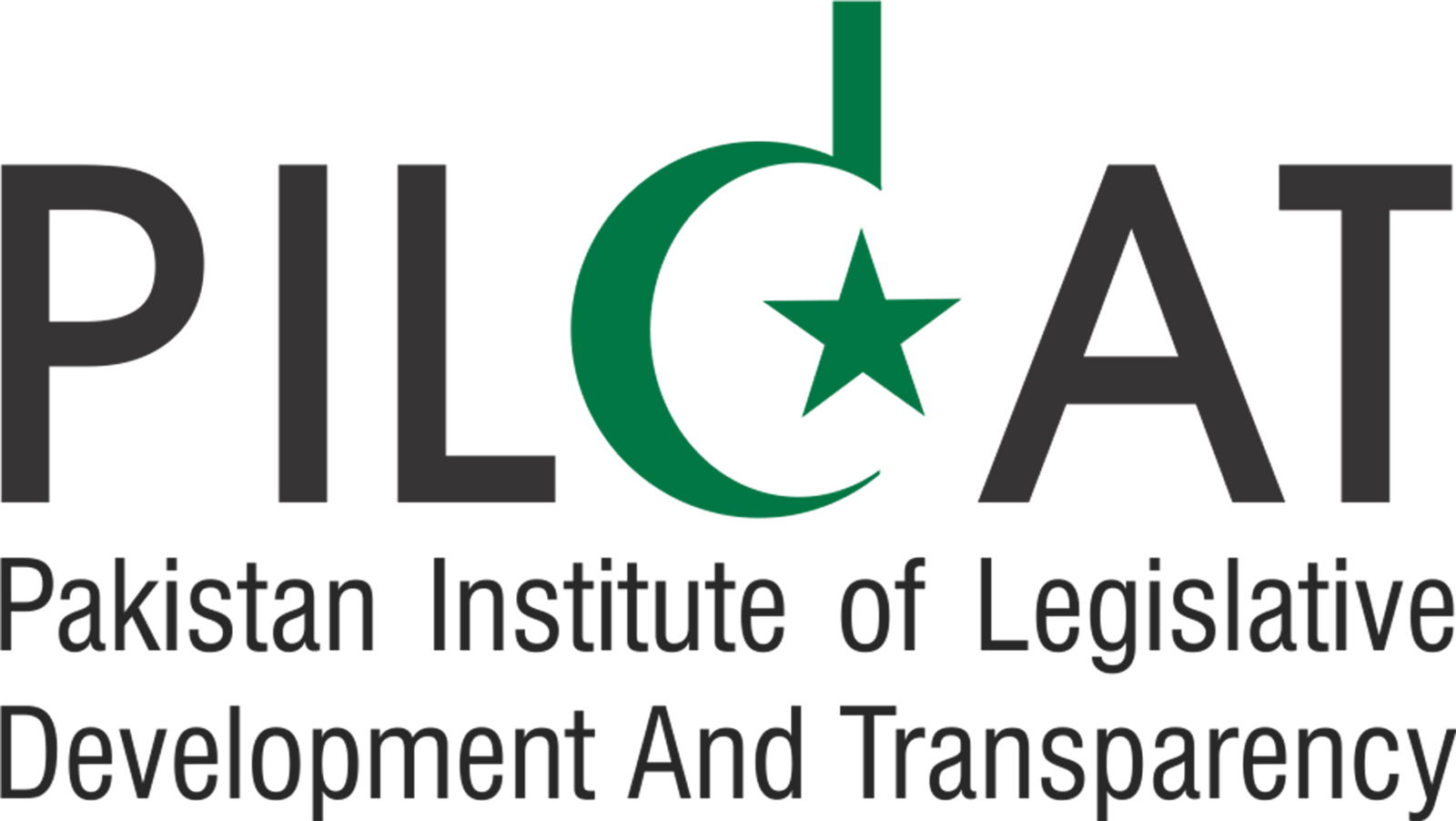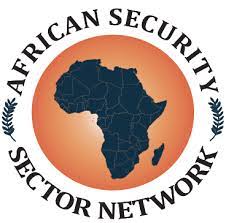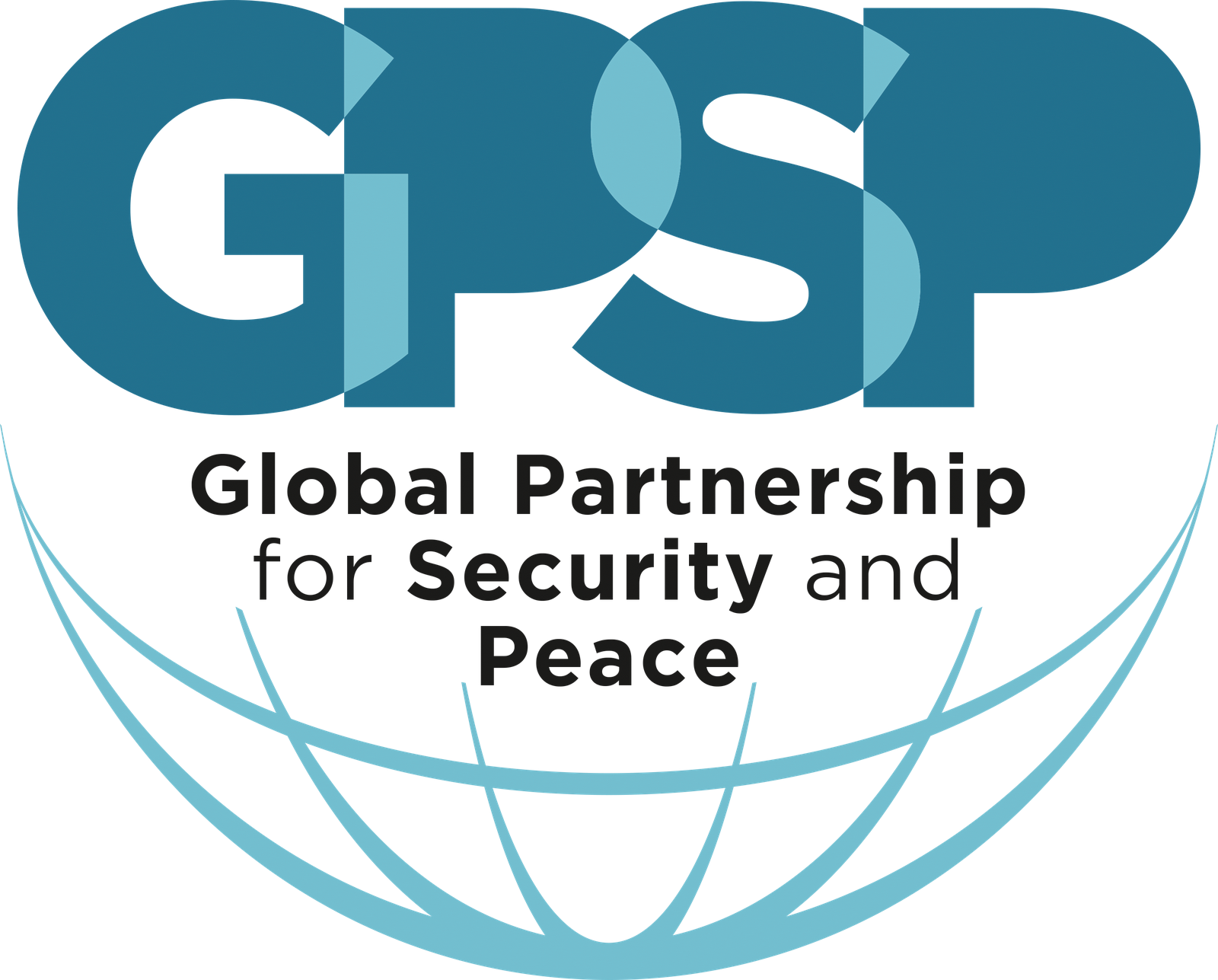The GPSP, linked to both government institutions as well as civil society organisations, has approximately 22 members from around the world, with some participating as either part of a non-governmental organisation (NGO) or as individual members. Some of the participating organisations are listed below.

PILDAT is an independent, non-partisan and not-for-profit indigenous think tank focused on political and public policy research and legislative strengthening. As an indigenous institution, its mission is to strengthen democracy and democratic institutions in Pakistan

Formed in 2003, the African Security Sector Network (ASSN) has established itself as a reputable network of African security sector reform practitioners on the African continent and internationally. ASSN has a wealth of experience and leadership in promoting democratic Security Sector Governance (SSG) and Security Sector Reform (SSR), with a wide and diverse membership of recognised professionals and academics.
Al-Quds Center for Political Studies is an independent think-tank that is not affiliated with any partisan agency. It was established in Amman in 1999 and in Beirut in 2012 with the aim of providing a deeper and more accurate understanding of the challenges facing political reforms and democratic transition in Jordan and other Arab countries. The Center works to expand political participation of citizens and operationalize civil monitoring of government and parliamentary performance. It promotes freedom of the press and independence of the media and enroots the “right to know” and citizen access to information.

A network that creates, strengthens and links the capacities and efforts of decision-makers, academics and members of civil society within the field of security and defence, collaborating in the construction of a peaceful democratic environment in Latin America and the Caribbean where democratic institutions exist that generate policies, experiences and initiatives that at the same time impact the hemispheric and international security environment.

A diverse group of writers, activists, scholars and working professionals created “The Social Architects (TSA)” in early 2012. Once a research and advocacy group now serves as a forum to debate conflicting historical views to allow for shared history and for lessons from the present feelings of blame, mistrust and injustice.In addition, TSA with branches across the country has become a space for communities in Ampara, Anuradhapura, Polonnaruwa, Hatton, Kilinochchi and Jaffna develop skills to advocate for enhancing action for “State Accountability” through the use of Right to Information Act”.
